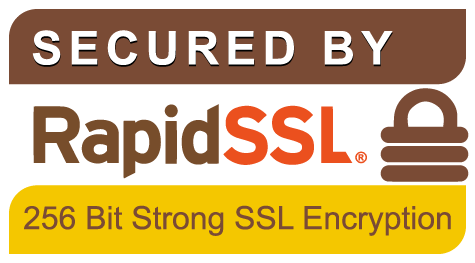
ONLINE MORTGAGE LOAN COMPARATOR COMPARE 20+ BANKS IN 2 MINS ONLY A SIMPLE ONLINE FORM TO FILL OUT FREE AND WITHOUT OBLIGATION
COMPARE 20+ FINANCIAL INSTITUTIONS IN 2 MINUTES
WITH ONLY ONE APPLICATION!
Whether it is for a new purchase, a pre-approval or a renewal, a mortgage broker can get you the best loan with the lowest interest rate, according to your needs and criteria.

COMPARE 20+ BANKS IN ONLY ONE STEP FOR YOUR MORTGAGE!
Fill out the form below and a mortgage broker from your area will rapidly contact you to help you find the best possible offer.



How to choose your mortgage equity line of credit: Benefits & Risks
What is a home equity line of credit? Can it be associated with another credit product? How much can I borrow from a home equity line of credit?
Keep in mind that mortgage refinancing is another option for you.
How does a home equity line of credit work?

In the case of a home equity line of credit, your house is used by a financial institution that provides you with funds to guarantee repayment. Of course, this is a separate line of credit.
It is also renewable. Following the repayment of a portion of the capital, a new loan (at a favorable rate) is still possible, obviously within the credit limit. For this purpose, there is no need to submit another application for credit.
The following details are worth mentioning regarding this type of credit:
- It is fixed at the prime rate (varies from one financial institution to another)
- It is subject to market fluctuations
- This is normal because it is based on the market value of your property
How much can I borrow under a home equity line of credit?
Conditions for eligibility to a home equity line of credit:
- Must have repaid at least 20%-25% of the mortgage
=> Downpayment: 20%
=> Home equity line of credit: 65%
=> Conventional loan: 15%
Amount of credit granted by the financial institution
- 75%-80% of the market value of the property
In the event of a capital gain since the acquisition of the property
- Possible use of the surplus value for different projects (renovation works, purchase of another house, financing of children’s education, etc.)
Does this type of credit have any advantages? What are they?
Before talking about the benefits, it should be noted that this is not a credit solution that suits everyone. A home equity line of credit is suitable:
- As a short-term solution: temporary financial problems and the existence of income that guarantees the quick repayment of the loan
- For a person with variable and non-regular income (given the flexibility of repayment). However, discipline must be exercised with regard to the monthly payment of the capital and interest
- If you are no longer a first-time buyer (if this is not your first real estate purchase) since you need a downpayment of at least 20%: usually, a first-time buyer would have a tight budget.
This is an advantageous credit solution because:
- Accessible and fast: no need to apply for credit again if you want to borrow more after you have repaid a portion of the capital
- Interest rates are among the lowest in the market
- The line of credit does not require a fixed, regular payment (ex: pay only the interest due if your cash flow is tight) but interest is due as soon as you take out the loan
- It allows more flexibility in repayment: pay at your own pace without any penalty
- You have access to the amount already paid
- Money can be re-invested in other projects after a few years of repayment
- Non-deductible interest can be converted to deductible interest
What are the risks of a home equity line of credit?
As you may have noticed, repayment flexibility is an important advantage obtained from a home equity line of credit. However, it is considered a risk at the same time especially if it is used to overcome financial difficulties in the long term.
As stated in the previous section, a home equity line of credit may not be right for you if you can follow an established payment schedule which is paradoxical considering the flexibility that this type of credit provides.
In case of failure to pay the loan, if you have only paid the interest, you will probably be obligated to repay the entire capital when you sell your house or after a few years.
On another note, the benefit of having a home equity line of credit is the fact that the rates are the lowest in the market. However, note that the rate is subject to market fluctuations. Thus, in the event of an increase in interest rates, repayment may take longer and become a little more difficult than you first thought.
A line of credit VS a mortgage
In addition to the separate line of credit, there is also the possibility of a line of credit combined with a mortgage. This can be used to reduce the potential risks of a separate line of credit.
In the case of a credit line combined with a mortgage:
- Your package includes a mortgage with a fixed rate for which you must make regular payments on the capital and interest
- The minimum down payment is 20%
- You do not have access to the amount repaid to invest in other projects until the loan capital is paid up
- The amount of money that is available for you to borrow increases as the mortgage is repaid up to the maximum credit limit.
- Financing for the purchase of a house can be done partly with a home equity line of credit and a mortgage with a fixed term
- At the most, financing can use the margin of 65% of the purchase price or the market value of the property. You have the option to finance up to 80% of the purchase price or the market value of the house, but financing the portion above 65% must be covered by a fixed-term mortgage.

Compare quotes for a home equity line of credit quickly now
Fill out the form below to get the best quotes in your area without any obligation on your part.


